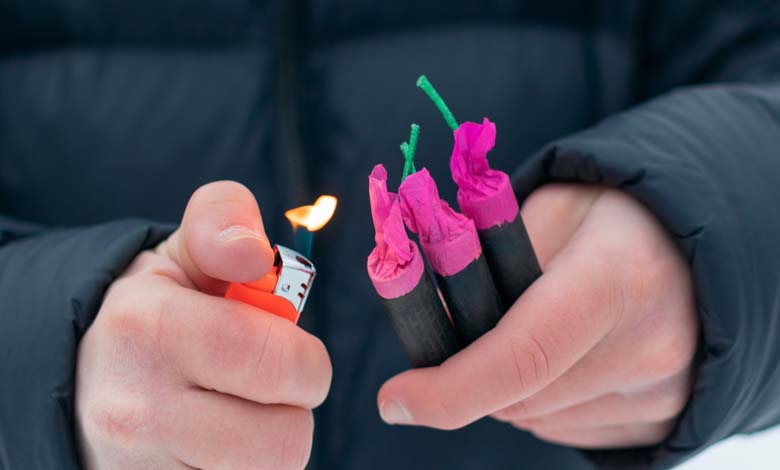Fireworks: Are They Damaging Your Mental Health?

Often associated with joy, celebration, and national pride, fireworks are viewed by many as an essential part of public festivities. Their bright colors and thunderous sounds light up the night sky and attract awe-struck crowds. Yet behind the spectacle lies a lesser-known truth: fireworks can seriously affect mental health, particularly for vulnerable individuals.
-
After New Year’s Tragic Incidents, Germany Considers Fireworks Ban
-
Once Again Starbucks Faces Legal Action Over Hot Beverages
For those suffering from anxiety disorders, post-traumatic stress disorder (PTSD), or sensory sensitivities, fireworks are far from entertaining. The sudden, loud, and unpredictable blasts can trigger panic attacks, emotional distress, and even traumatic flashbacks.
War veterans, refugees who have fled conflict zones, and survivors of bombings or violent events are among the most at risk. For them, the sound of a firework can be indistinguishable from that of an actual explosion, bringing back traumatic memories and causing heightened states of alert or dissociation.
-
Fire at Power Station Paralyzes Heathrow Airport, Cancels Over 1,000 Flights
-
Massive Wildfires: A Worrisome Mystery for Scientists
Children on the autism spectrum are also especially vulnerable. The intensity and unpredictability of fireworks can cause severe meltdowns, sleep disturbances, or self-harming behaviors. Many parents report increased anxiety and stress during holidays that include firework displays.
Pets, too, experience extreme distress during firework shows. The fear and anxiety seen in animals often affect their human companions, contributing to a tense and emotionally charged environment at home.
-
27 Dead and Thousands Displaced: California Residents Struggle to Find Housing After Wildfires
-
Photos Document the Massive Destruction in a Wealthy Los Angeles Neighborhood Due to Wildfires
Medical data supports these concerns: studies have shown spikes in emergency room visits for heart problems and anxiety attacks during major firework events, particularly among the elderly and those with existing mental health conditions.
In response, mental health advocates and community organizations are calling for tighter regulations. Proposals include limiting fireworks to specific time windows, providing public alerts in advance, and even replacing traditional fireworks with silent light shows that are more inclusive and less disruptive.
This isn’t about banning celebration altogether, but about creating inclusive environments where joy doesn’t come at the expense of someone else’s mental stability. After all, behind each burst of light, there may be a person silently breaking down. Isn’t it time we celebrated in ways that everyone can enjoy—safely and peacefully?












